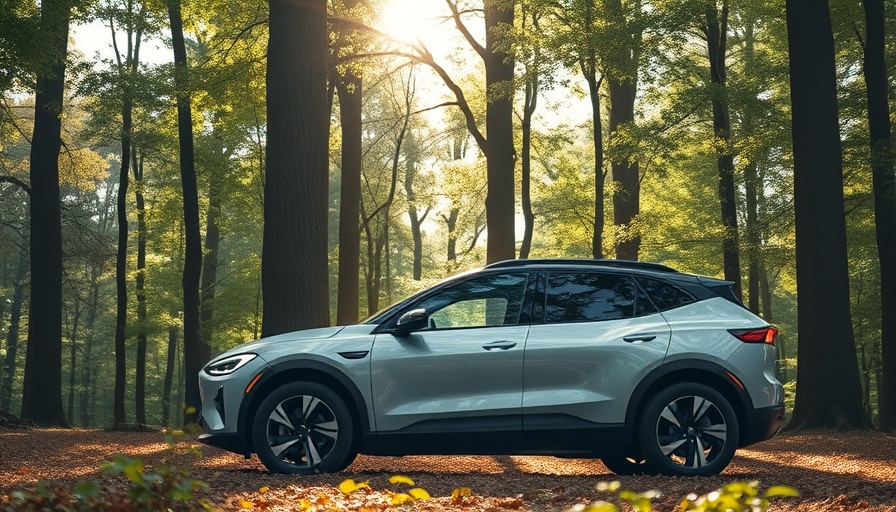
Rivian Receives Critical Funding Amid Sales Struggles
Rivian, the electric vehicle startup, secured a vital $1 billion investment from Volkswagen, which demonstrates a strong commitment as the company continues to face significant sales challenges. Recent reports revealed that Rivian delivered 10,661 vehicles in the second quarter of 2025, representing a concerning 23% drop compared to the same period last year.
Challenges Facing Rivian's Growth
This decline in sales is compounded by Rivian's rough first quarter, where it managed to deliver only 8,640 electric vehicles. The company has revised its sales targets downwards for 2025 amid the challenges posed by ongoing trade wars and tariffs introduced during the Trump administration, which have increased production costs.
Future Outlook: Can Rivian Turn It Around?
Despite the setback, Rivian remains optimistic, projecting deliveries between 40,000 to 46,000 vehicles this year. However, even hitting this upper target would mean less overall sales than what they achieved in the past two years—a grave concern for a company that has had to burn through billions to date.
Importance of the $1 Billion Investment
The funding from Volkswagen marks a crucial milestone for Rivian, coming on the heels of their second-ever gross profit recorded earlier in the first quarter of 2025. This payout is part of a broader technology joint venture that initially promised up to $5.8 billion, where Rivian is providing essential technology and infrastructure for Volkswagen’s electric vehicle lineup.
Things to Watch: Legislative Impact on the EV Market
Adding to the uncertainty, proposed legislation that could eliminate the federal EV tax credit—a significant incentive for consumers—was recently presented in Congress. Should this bill pass as it currently stands, it would cut the existing $7,500 subsidy effective this September, which could severely impact sales across the EV market including Rivian.
Rivian’s Future Innovations: What’s Next?
Rivian is banking significantly on the anticipated release of the R2, a more affordable SUV set to launch in 2026. By streamlining the designs of its existing models, the company managed to reduce production costs, but is this enough to ensure their long-term stability? As they aim for a larger market share, all eyes will be on how the R2 fares against competitors in a crowded field and whether the company can recover from recent financial setbacks.
Conclusion: The Soaring Stakes in the EV Market
As Rivian navigates this critical moment, its future could serve as a bellwether for the electric vehicle industry at large. Success or failure could hinge on how they adapt to this rapidly changing landscape, influenced by both technological advancements and legislative changes. Industry observers will be keenly watching to see if Rivian can leverage this recent funding effectively while facing the stiff challenges ahead.
 Add Row
Add Row  Add
Add 



Write A Comment